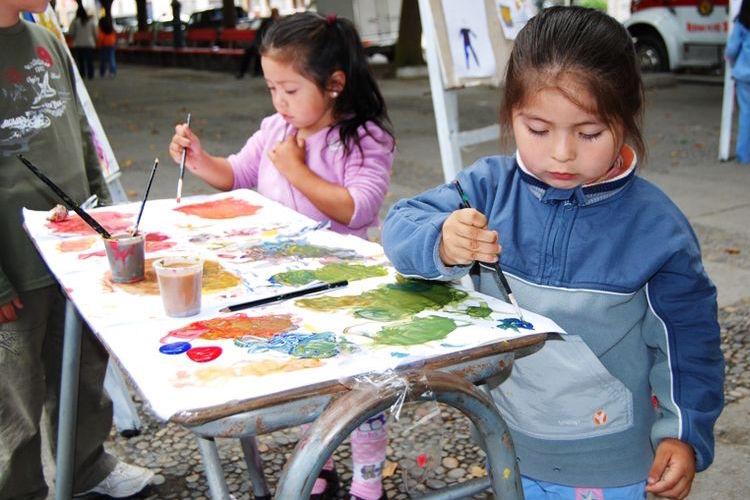Y: Hey Don, what's your earliest memory?
D: Hmm, let's see, Yaël. I think I was three years old, and I remember looking out the window at a huge hailstorm.
Y: Three years old, huh?
D: Is that early? I have been told I have a pretty good memory.
Y: It actually couldn't be more average. Most people say their earliest memory is from around that age, which led researchers to believe that children start forming long‑term memories at around three and a half years old. The thing is, in these studies researchers only asked adults about their earliest memory. Some researchers got to thinking, what would happen if we asked children?
D: What happened?
Y: In one study, groups of five year olds and of eight to nine year olds were able to recollect memories from their first year of life--some even of their first few months. Which implies that the problem isn't that we can't form memories earlier than three and a half, it's just that our brains aren't very good at remembering yet. In another study, researchers showed three and four year olds a locked treasure chest. Fifteen minutes later, the kids were given a choice among three objects, one of which was a key to the treasure chest. After fifteen minutes, both the three and four year olds were more likely to pick the key. After twenty‑four hours, however, only the four year olds were more likely to pick the key. The three year olds had forgotten all about the chest.
D: What chest?
Y: You're joking, right?
D: I'm joking, I'm joking. I remember. I can even give a recap: Young children's brains can encode information, they just can't recall it later.










